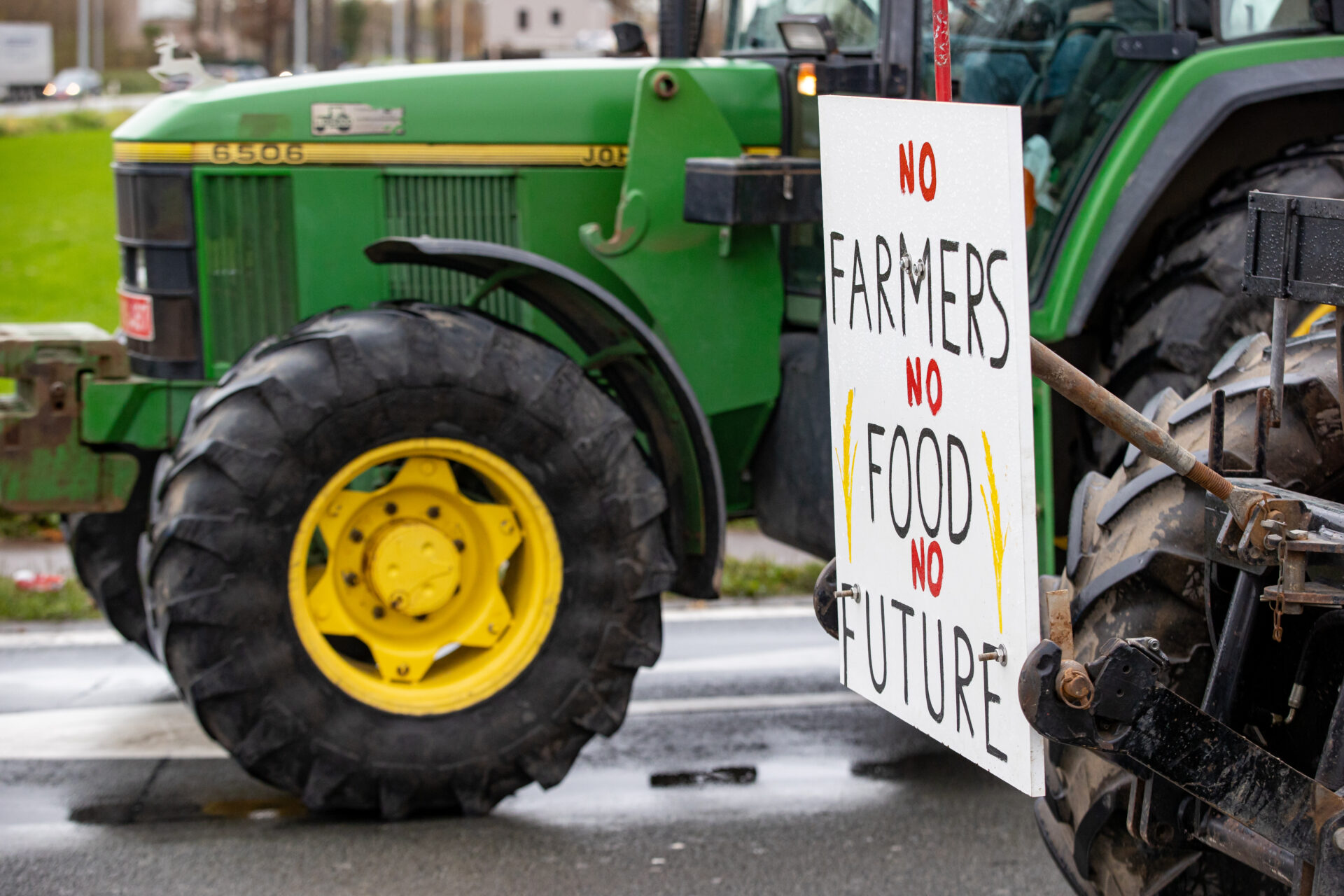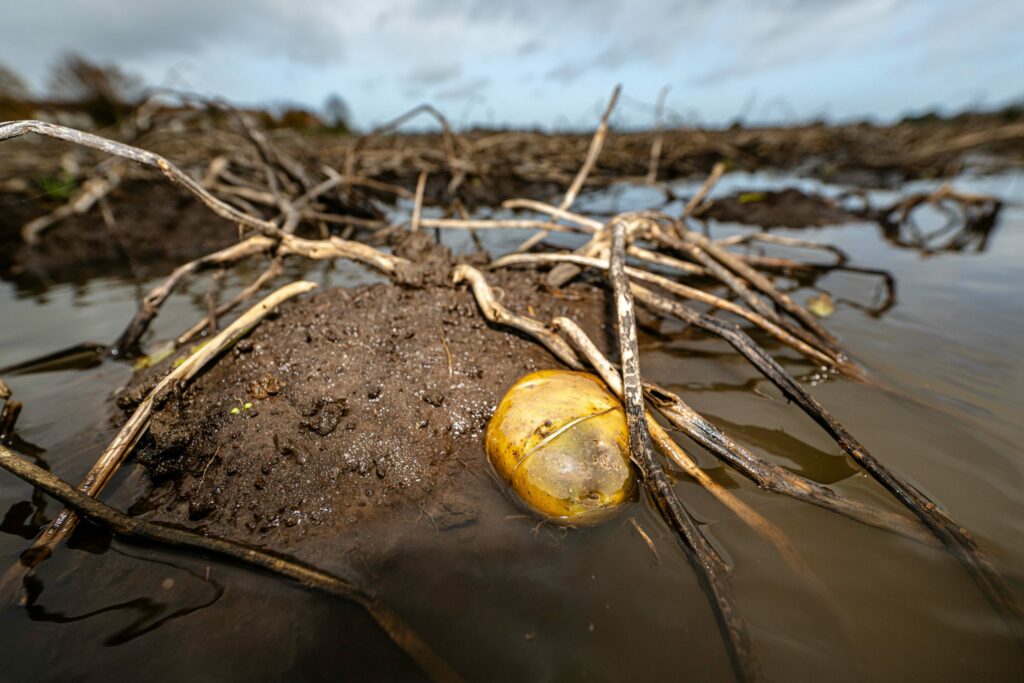Farmers are bracing themselves for a second "catastrophic" year of harvests due to rainy conditions, warns Hydrology and Soil Physics Professor Aurore Degré of Gembloux Agro-Bio Tech.
This September marks the twelfth consecutive month of above-average rainfall, according to the Royal Meteorological Institute.
The impact on farmers is significant, who already endured poor harvests last year because of similar weather conditions.
"Saturated fields make the land less resilient," Professor Degré explained to Belga. This saturation consequently restricts tractors' access forcing them, in some instances, to abandon their potato crops. She highlighted these as a "dramatic" situation, not least because potatoes tend to yield good returns.
Lucie Darms, the Climate Counsellor for the Walloon Federation of Agriculture, noted that prolonged rainfall brought about additional problems. Besides the difficult access to lands, she cited delayed sowing and harvesting, more persistent disease, and weed growth.

Farmers' protest in Belgium. Credit:Belga / Kurt Desplenter
"In the long run, the rains weaken the soils, which lack organic material. We are damaging them and as a result, rainfall will penetrate less and less in the spring. This leads to a vicious cycle of soil degradation," Degré mourned.
To mitigate this issue, the hydrologist advocates a "sharp recognition of the profound changes in our climate and hydrological cycle."
"We need a territorial dynamic that leads to resilience,” she advised, calling for a complete review of how agriculture operates to rejuvenate soil health, enable water storage, and support nourishment. Degré outlined the task as colossal, but stressed that quick adaptation would be less costly in the long run.

